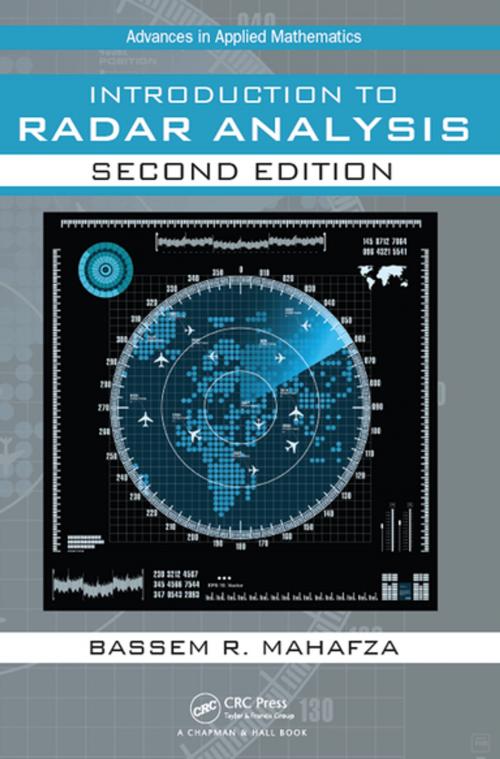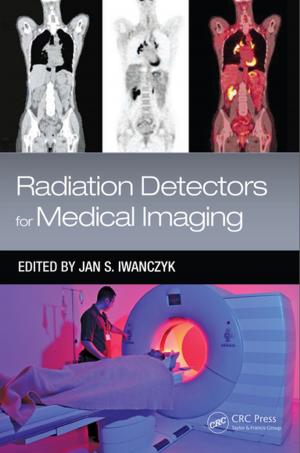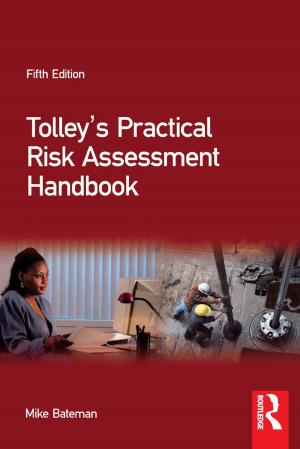Introduction to Radar Analysis
Nonfiction, Science & Nature, Mathematics, Applied, Computers, Operating Systems| Author: | Bassem R. Mahafza | ISBN: | 9781498761109 |
| Publisher: | CRC Press | Publication: | November 23, 2017 |
| Imprint: | Chapman and Hall/CRC | Language: | English |
| Author: | Bassem R. Mahafza |
| ISBN: | 9781498761109 |
| Publisher: | CRC Press |
| Publication: | November 23, 2017 |
| Imprint: | Chapman and Hall/CRC |
| Language: | English |
Introduction to Radar Analysis, Second Edition is a major revision of the popular textbook. It is written within the context of communication theory as well as the theory of signals and noise. By emphasizing principles and fundamentals, the textbook serves as a vital source for students and engineers.
Part I bridges the gap between communication, signal analysis, and radar. Topics include modulation techniques and associated Continuous Wave (CW) and pulsed radar systems.
Part II is devoted to radar signal processing and pulse compression techniques.
Part III presents special topics in radar systems including radar detection, radar clutter, target tracking, phased arrays, and Synthetic Aperture Radar (SAR).
Many new exercise are included and the author provides comprehensive easy-to-follow mathematical derivations of all key equations and formulas.
The author has worked extensively for the U.S. Army, the U.S. Space and Missile Command, and other military agencies. This is not just a textbook for senior level and graduates students, but a valuable tool for practicing radar engineers.
Features
- Authored by a leading industry radar professional.
- Comprehensive up-to-date coverage of radar systems analysis issues.
- Easy to follow mathematical derivations of all equations and formulas
- Numerous graphical plots and table format outputs. One part of the book is dedicated to radar waveforms and radar signal processing.
Introduction to Radar Analysis, Second Edition is a major revision of the popular textbook. It is written within the context of communication theory as well as the theory of signals and noise. By emphasizing principles and fundamentals, the textbook serves as a vital source for students and engineers.
Part I bridges the gap between communication, signal analysis, and radar. Topics include modulation techniques and associated Continuous Wave (CW) and pulsed radar systems.
Part II is devoted to radar signal processing and pulse compression techniques.
Part III presents special topics in radar systems including radar detection, radar clutter, target tracking, phased arrays, and Synthetic Aperture Radar (SAR).
Many new exercise are included and the author provides comprehensive easy-to-follow mathematical derivations of all key equations and formulas.
The author has worked extensively for the U.S. Army, the U.S. Space and Missile Command, and other military agencies. This is not just a textbook for senior level and graduates students, but a valuable tool for practicing radar engineers.
Features
- Authored by a leading industry radar professional.
- Comprehensive up-to-date coverage of radar systems analysis issues.
- Easy to follow mathematical derivations of all equations and formulas
- Numerous graphical plots and table format outputs. One part of the book is dedicated to radar waveforms and radar signal processing.















